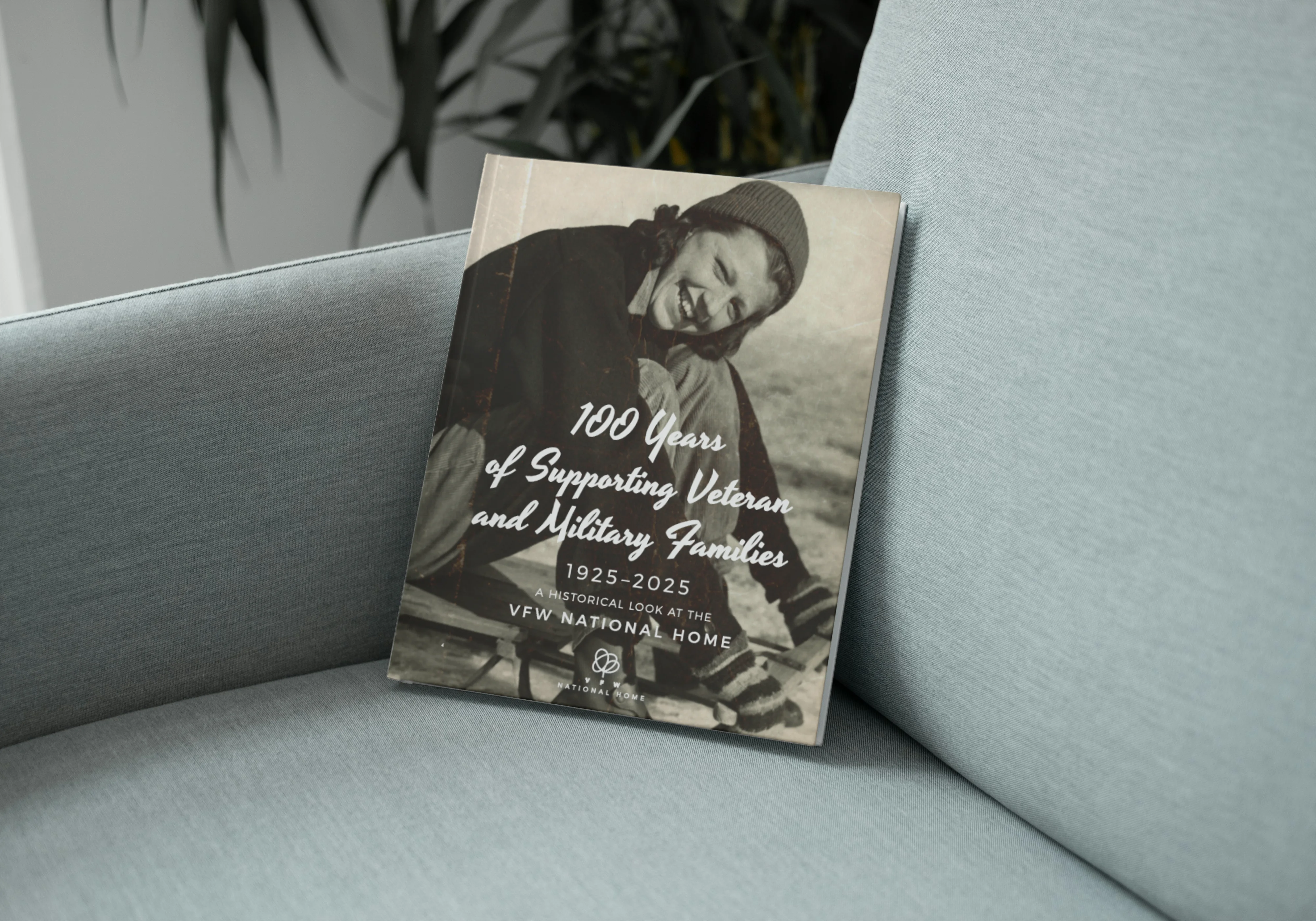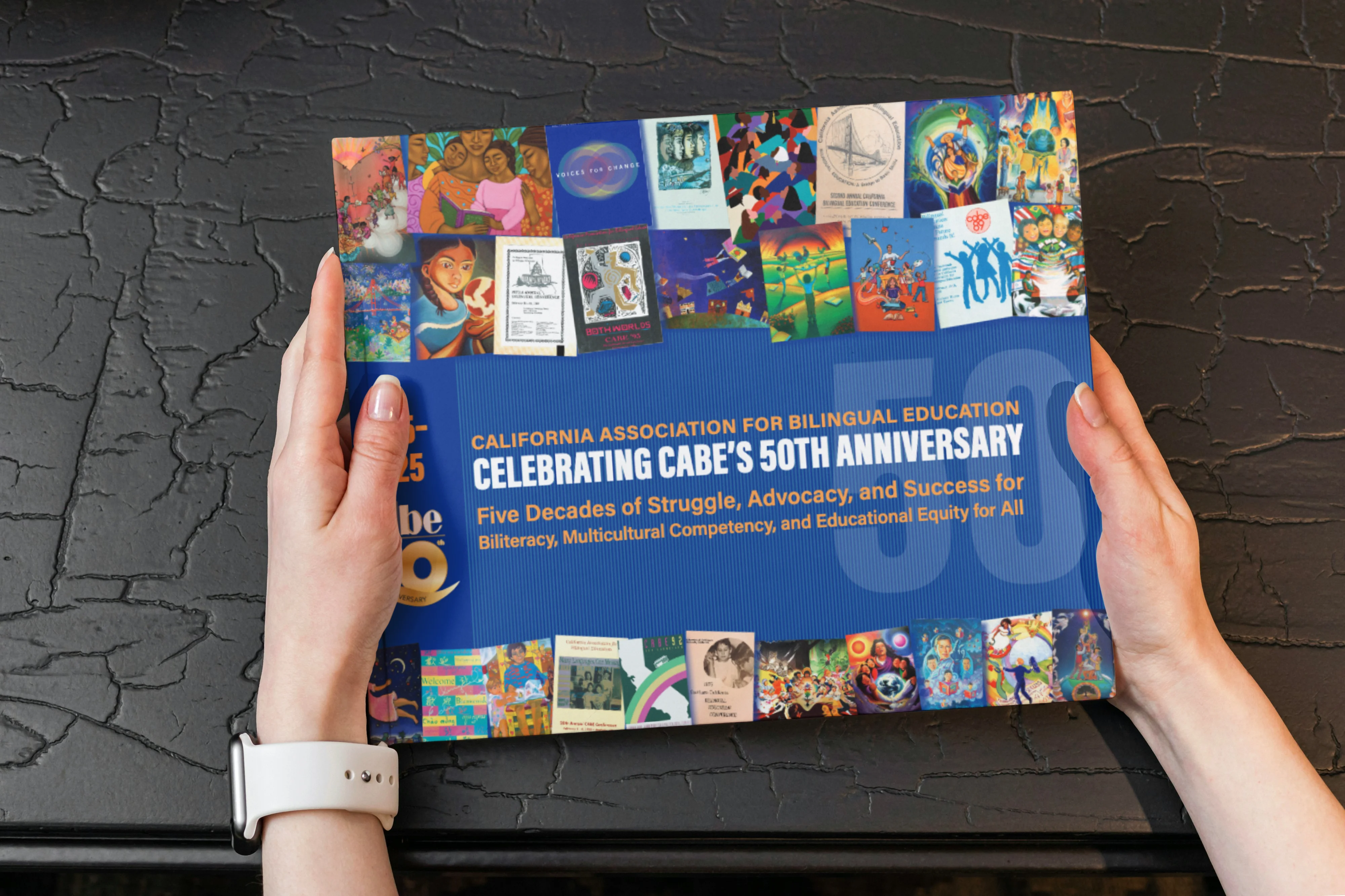 Perhaps it’s peculiar that a marketing expert wrote a marketing book without determining ahead of time how it could help him market himself and his company.
Perhaps it’s peculiar that a marketing expert wrote a marketing book without determining ahead of time how it could help him market himself and his company.
But for Zain Raj, the reason for writing the book was not to place himself upon a pedestal. It was to codify a new set of rules and standards he believes holds great implications for marketing.
“It’s a new approach to building brands,” said Raj while in transit from one meeting to another. “The traditional model no longer is relevant. Brands needed to operate in a new market.”
Raj published Brand Rituals, How Successful Brands Bond with Customers for Life, in January of 2012. By then he was already recognized as a branding and marketing expert. He was CEO of Hyper Marketing Inc. of Chicago, formed by the mergers of SolutionSet MediaWhiz Partnership (where Raj was President and CEO) and D. L. Ryan Companies, Ltd. He had previously served as President and CEO of two other marketing firms, and had held leadership positions at several others.
But when Raj wrote Brand Rituals, he wasn’t thinking about further polishing his credentials, but about the ways in which marketing had changed since he began his career in Mumbai, India, in 1984.
Raj writes that building a brand is no longer about affecting consumer beliefs but about changing customer behavior. The book presents a four-stage approach to a Brand Ritual:
- Achieve an initial transaction by offering new value for your product or service.
- Magnify consumer attraction by being digital at the core.
- Build connections with relevant innovations and experiences.
- Create a bond between your brand and the customer by aligning on core values. Raj says a higher number of bonded customers is not only possible but absolutely necessary if you and your company want to create sustainable brands that defy competitors for decades.
- While Raj has not made the book the centerpiece of his own marketing efforts, he’s not neglected it. He has written about it on his blog and refers to it or its principles on Twitter.
“My ROI is on satisfaction: To have people say, ‘I just read the book’ and they got something out of it,” said Raj. “This was to get the ideas out. I thought people could benefit from it.”
“I never thought of it as marketing myself, but it gives me one more thing in my marketing tool kit.”
While Raj hasn’t focused on his book—after all, he’s busy running a global marketing conglomerate—his employees have found it useful on many levels. Not only can and do they use the principles he espouses in the book, but it gives them added credibility when meeting with clients or prospective clients.
Oh, yes, and throughout the book Raj uses the term marketeers to refer to people in marketing. His rationale is that the people who marketing professionals—the people who try to understand and analyze customer attitudes and behaviors—should think of themselves as the musketeers, the grenadiers, the bombardiers on the corporate battlefield. The marketeers.
But whether the reader embraces the term marketeer or marketer, the point of the book is to help them determine ways in which customers can create a bond with a brand to truly make them customers for life. If he can do that, then Raj feels he has succeeded.




